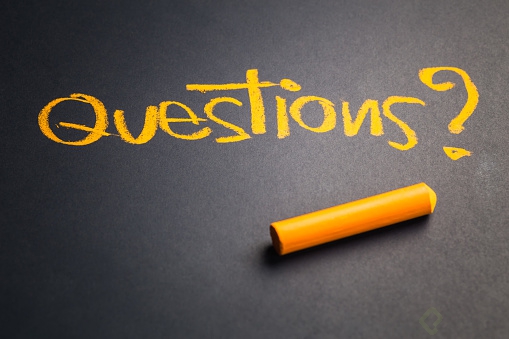The Indefinite Article
**A **OR AN
a is used before a word beginning with a consonant, or vowel sounded like a consonant:
a man; a table; a university (jyiu); a useful thing (“yu”)
**an ** is used before words beginning with a vowel (a,e,i,o,u) or with a mute h
an hour; an hounrable man; an egg; an elephant; an apple
The gender is not important: a man a woman an actor an actress
The Indefinite Article
**A **OR AN
Is used:
Before a singular noun wich is countable, of which is more than one.
When it is mentioned for the first time and represents no particular person or thing “indefinite”.
Is used:
Before a singular countable noun which is used as an example of a class of things.
Is used:
With a noun complement. This includes names of professions
Is used:
In certain numerical expressions
a couple, a dozen, half a dozen, a score (a group of 20 things), a gross (an amount of 144 usually used in sales), a hundred, a thousand, a million, a lot of, a great deal of, a great many of.
Expressions of price, speed, ratio…
fivepence a kilo, tenpence a dozen, sicty kilometres an hour, four times a day, a pound a metre.
A and ONE are not usually interchangeable, you can see the difference in GRAMMAR DETAILS ABOUT ADJECTIVES AND PRONOUNS.
Is used:
With few and little; the quantity depends on the speaker
a few = a samall number (countable)
a little= a samll amount (un countable)
only a few / only a little Only is used to emphasize that the quantity is really small
few and little without the article have an almost negative meaning similar to_ hardly any_
We had little time for amusement = We were always busy
Few people know this = It is almost unknown
Is used:
In exlamations:
What** a** hot day!; what a pretty girl!; such a pity!.
What pretty girls; what big dogs! …(plural nouns so no article)
Is used:
Mr/ Mrs/ Miss

